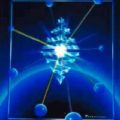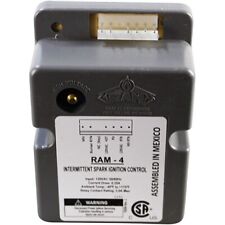
Most people love surprises. Scientists at Emory University and Baylor College of Medicine may have discovered why some people actually crave the unexpected.
Through a unique collaboration between Emory’s Functional Neuroimaging Group, led by Gregory S. Berns, M.D., Ph.D., and Read Montague, M.D., Ph.D., at Baylor’s Center for Theoretical Neuroscience, scientists are beginning to reveal the biological basis of the human attraction to surprising events. Sam McClure, a Baylor doctoral candidate, also contributed to the study published in the April 15 issue of the Journal of Neuroscience.
The Emory and Baylor scientists used functional magnetic resonance imaging to measure changes in human brain activity in response to a sequence of pleasurable stimuli, in this case, fruit juice and water. In the study, a computer-controlled device squirted fruit juice and water into the mouths of research participants. The patterns of juice and water squirts were either predictable or completely unpredictable.
“Until recently, scientists assumed that the neural reward pathways, which act as high-speed Internet connections to the pleasure centers of the brain, responded to what people like,” said Montague. “However, when we tested this idea in brain scanning experiments, we found the reward pathways responded much more strongly to the unexpectedness of stimuli instead of their pleasurable effects.”
Contrary to the scientists’ expectations, the human reward pathways in the brain responded most strongly to the unpredictable sequence of squirts. The area of the brain called the nucleus accumbens, which scientists previously have identified as a pleasure center of the brain, recorded a particularly strong response to the unexpectedness of a sequence of stimuli.
“We find that so-called pleasure centers in the brain do not react equally to any pleasurable substance, but instead react more strongly when the pleasures are unexpected,” Berns said. “This means that the brain finds unexpected pleasures more rewarding than expected ones, and it may have little to do with what people say they like.”
Both Berns and Montague think their work may provide a better understanding of addictive diseases and disorders of decision making in humans. They believe that the new findings may help clarify the pathways involved in addiction to drugs such as heroin and cocaine, which are known to disrupt the normal function of the nucleus accumbens Other addictive disorders such as gambling also appear to influence this same brain pathway.


















Comments are closed.